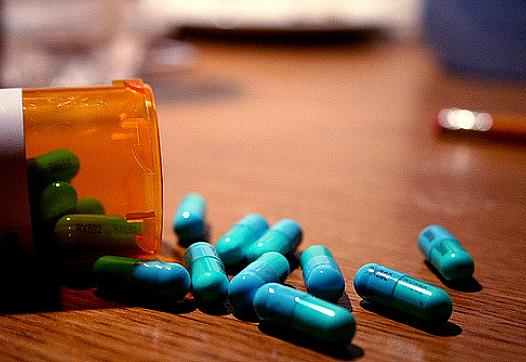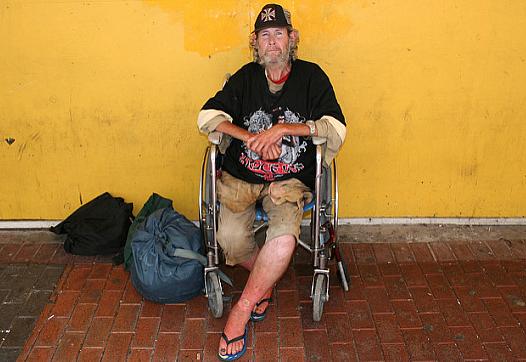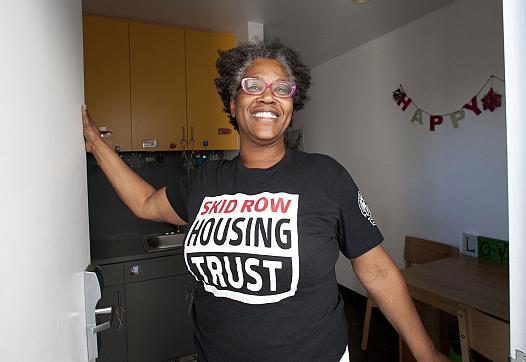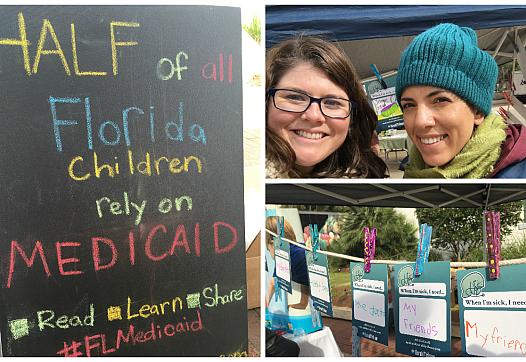
Do undocumented residents have to pay the Obamacare penalty for not having health insurance? Despite advocates' efforts, you might be surprised at how much confusion there is — even from tax preparers.

Do undocumented residents have to pay the Obamacare penalty for not having health insurance? Despite advocates' efforts, you might be surprised at how much confusion there is — even from tax preparers.

Just because a medical board takes action, it doesn’t mean that the action is adequate. Consider the case of Dr. Reinaldo de los Heros, a Maine psychiatrist who columnist William Heisel first wrote about back in 2010.

Community engagement has been a big buzzword in recent years. Cole Goins of the Center for Investigative Reporting recently shared tips with California reporters on how to think creatively about "journalism as a community change agent."

“One important thing is to find your advocate,” veteran reporter John Gonzales told fellow journalists this week. “You got to find someone who is going to be there for you when you’re having trouble with access.”

Star Apartments in L.A.'s Skid Row is a dazzling vision of what homeless housing can look like. But it's not the model the city is banking on to meet its huge need for supportive housing for the region's 45,000 people without homes.

Media coverage of unaccompanied minors has subsided in the past couple of months, although immigration hearings and deportations continue. Meanwhile, what do we know so far about the quality of health care provided to such minors?

What happens when the only psychiatric hospital in California’s North Coast region shuts its doors? Where do people who are experiencing psychiatric emergencies find immediate help?

As a reporter who was born and raised in China, I had a hard time trying to figure out what my health insurance options were when I came to Los Angeles for graduate school. What was Obamacare? What was Covered California? The challenges go beyond language barriers.

Kids need access to health care and healthy food, and they need their parents to be educated to advocate for them.

From telemedicine to transportation assistance to culturally appropriate care, panelists at the 2016 California Fellowship discuss strategies new and old for getting care to the state’s underserved communities.